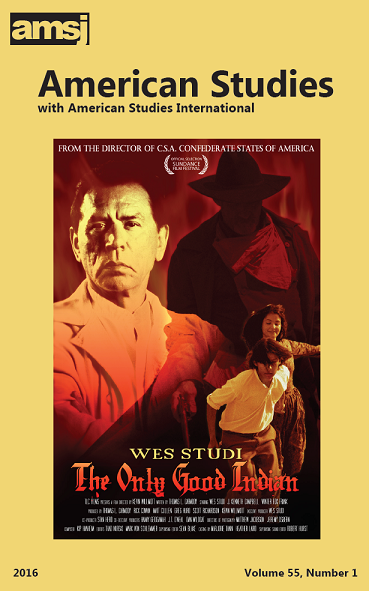Sammendrag
This essay uses the history of the American Culture program at the University of Michigan as an occasion for rethinking the early years of American Studies more generally. Our archival research has found that the program was founded in 1935—seventeen years earlier than previously thought—making it the oldest American Studies degree program in the world. These forgotten years challenge conventional genealogies tracing the field’s origins to the “myth and symbol” school at Harvard. Instead, Michigan’s history reveals a deep engagement with interdisciplinary movements in the 1930s that shared an interest in critiquing American democracy, particularly human ecology, institutionalist economics, and ethnic studies. The sheer variety of intellectual activities that found a home in American Studies suggests that the movement is best understood, from the start, as a disparate set of projects bound by a resistance to artificial institutional boundaries that hindered engagement with a wider public. Our analysis of Michigan’s program, from the 1930s to the 1980s, pushes back against intellectual histories of American Studies that emphasize disciplinary coherence. We instead argue for the ongoing importance of short-term coalitions and collaborations that unfolded in the interstices between disciplines and foregrounded the social and political relevance of academic inquiry into American culture.
All items © Mid-America American Studies Association
Authors: If you prefer to remove your text(s) from this database please contact the editor.

